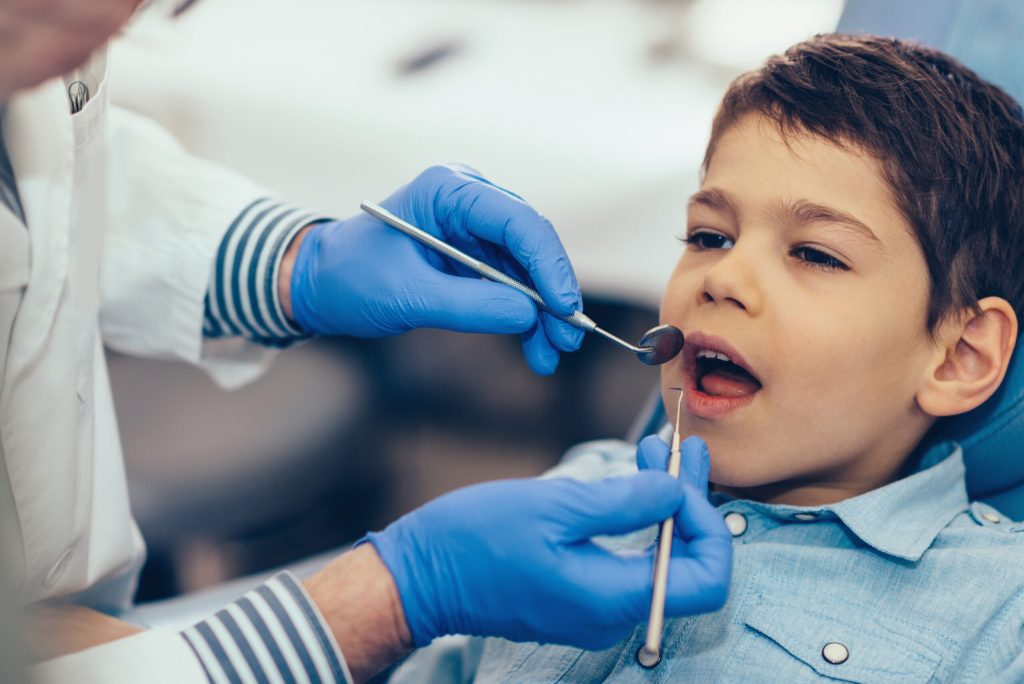Dental hygienists are in high demand and have excellent salaries. They help patients with preventative oral care, removing plaque and tartar from teeth, educating people on how to brush and floss correctly, collecting medical histories, and more. They often work closely with dentists and provide support to patients of all ages.
In order to become a dental hygienist, you will need to complete a degree program. Many programs offer an associate degree, and bachelor’s and master’s degrees are also available. A bachelor’s degree takes about four years to complete. Some programs offer a combination of on-campus and online courses, but in most cases you will need to attend an in-person program to complete your clinical training and receive hands-on experience.
Coursework in a dental hygiene program varies, but generally includes introductory science courses like biology, chemistry, and microbiology. You will also take math, statistics, and psychology classes. Other courses that are important for the job include pharmacology, anatomy, and pathology. In addition to your core coursework, you will also need to complete clinical rotations in a real-world dental setting.
As a dental hygienist, it is crucial to have excellent interpersonal skills. On a daily basis you will be interacting with patients, dentists, assistants, and office staff, so it is vital to be able to communicate clearly. You will also need to be a critical thinker and have strong problem-solving abilities to tackle the unique challenges that arise in every patient’s mouth.
Hygienists can clean teeth by scaling and polishing. This is a common procedure that helps to treat and reverse gum disease. They can also apply fluoride treatments, which is a great way to prevent tooth decay, especially in children. Some people may be uncomfortable during these procedures, so a hygienist will have the tools to relieve pain, such as anaesthetic creams and gels.
Dental hygienists can perform X-rays to detect decay, bone loss, and other problems in the mouth. They can also take panoramic X-rays, which give dentists a complete picture of the entire jaw. It is important for hygienists to know how to operate dental equipment like X-ray machines and computers so that they can help their patients in the best way possible.
The most important part of a dental hygienist’s job is to educate patients on how to maintain good oral health. They can advise patients on how to floss and brush their teeth more effectively, and they can also give them tips about stopping smoking or reducing the amount of alcohol they drink. Hygienists can also apply dental sealants, which are plastic coatings that can help protect the chewing surfaces of back teeth, particularly in children. Research shows that children who get these coatings on their teeth have less cavities as adults. This is an important preventative measure that most dentists recommend for their patients.hygiéniste dentaire

